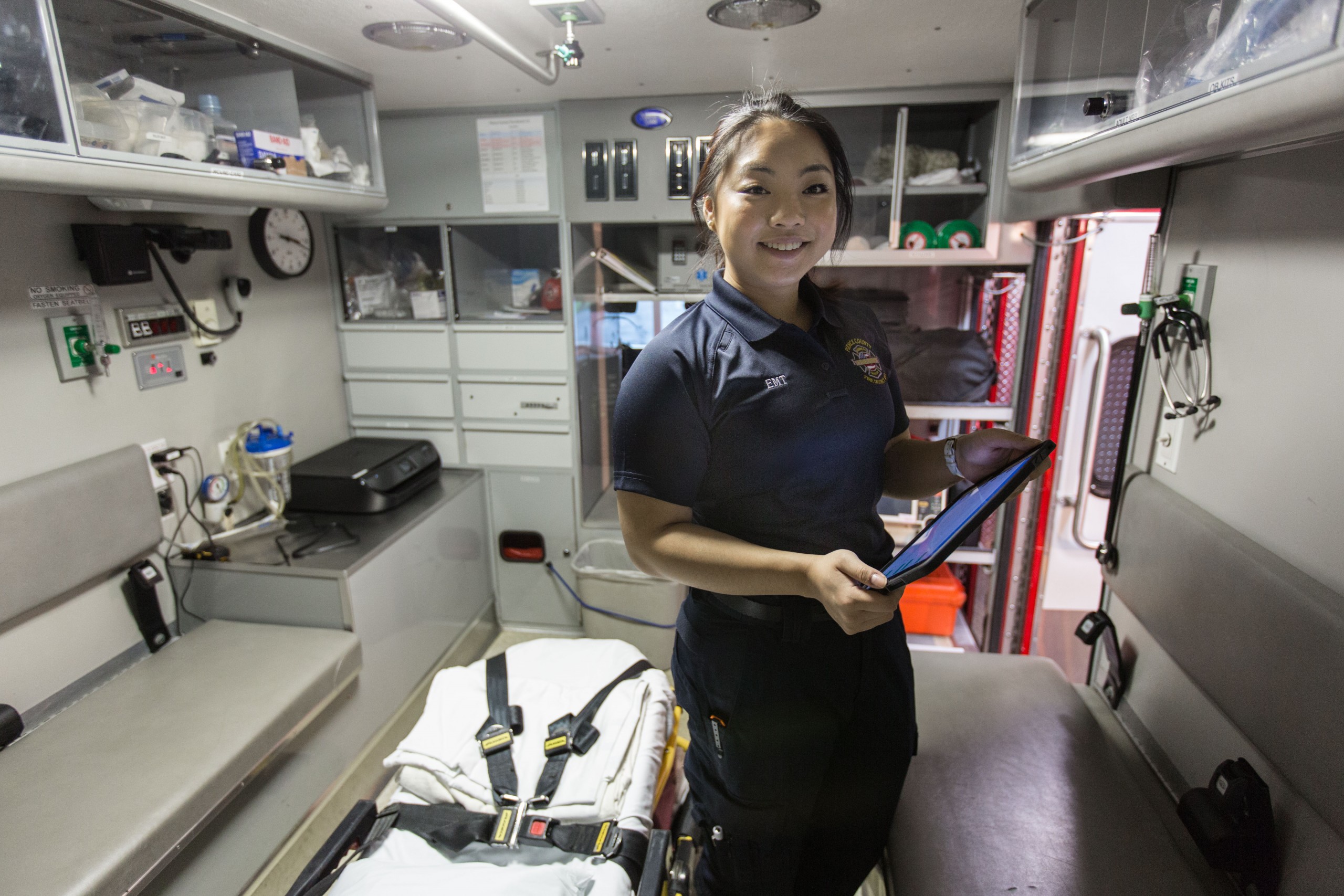PLU secures prestigious National Science Foundation grant for low-income STEM students
By Staff
Marketing & Communication
TACOMA, WASH. (March 8, 2019) — A prestigious $650,000 grant from the National Science Foundation (NSF) will support academically talented low-income students who come to Pacific Lutheran University to study STEM (Science,Technology, Engineering and Math) subjects.
Winning the grant was a team effort of PLU’s Division of Natural Sciences faculty, including Tina Saxowsky, principal investigator and associate professor of chemistry, along with Dean of Natural Sciences and professor of biology Ann Auman and faculty members Shannon Seidel, assistant professor of biology, and Amy Siegesmund, associate professor of biology.
“We are very excited about the ability to implement the work outlined in our proposal,” Auman said. “Not only will this funding allow us to provide significant scholarship support for low-income students in STEM, but it will also allow us to better integrate PLU resources and build new structures to support these students’ success.”
The grant, funded by the NSF Scholarships in Science, Technology, Engineering, and Mathematics (S-STEM) program, will be awarded over a five-year period. It will provide scholarships and enhanced support for students who meet the criteria for federal Pell grants, with a particular focus on transfer and commuter students.
Sixty percent of the funds will provide student scholarships. The remaining money will fund new curricular and co-curricular support programs for these students.
The grant will fund programs designed to eliminate disparities in graduation and retention rates between low-income students and their peers who study biology, chemistry, computer science, geosciences, mathematics, physics, and engineering.
Small-group mentoring with trained faculty will connect students with resources and experiences, provide guidance and promote confidence as students transition from college to careers. Shared experiences will create a supportive community space that will help students connect through study groups, social events and professional development opportunities. The research will measure students’ sense of belonging and the impact of program resources over time.
Curricular engagement will include a transitions course, linked introductory courses and supplemental instruction. Students will learn skills such as resume writing, scientific communication, interviewing and applying to undergraduate research programs and graduate schools.
Over the course of the grant, faculty will collect data on barriers students face. They’ll measure the impact of these barriers on students’ sense of belonging and success.
While other research on student supports has been done at large universities, the results of this study may have implications for student support programs at small liberal arts schools nationwide.
“By collecting data along the way about what strategies work best, this project will help not only those students receiving scholarship support from the grant, but will also help PLU STEM students and those at other institutions in the years to come,” Auman said.
Auman teamed up with PLU’s Foundation Relations team in November 2017 to lead a brainstorming session with all division faculty that led to the grant proposal. The proposal was submitted in March 2018 and approval was announced in January 2019.



